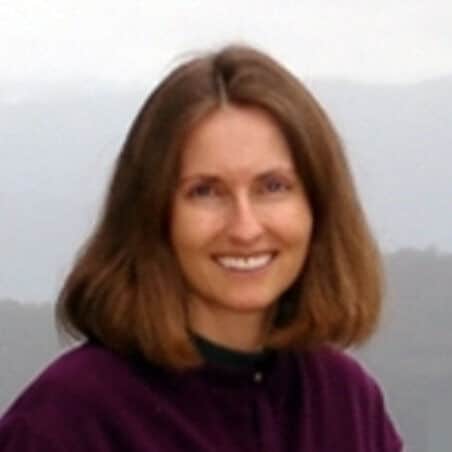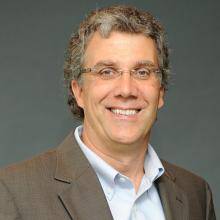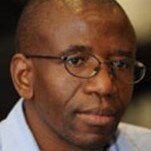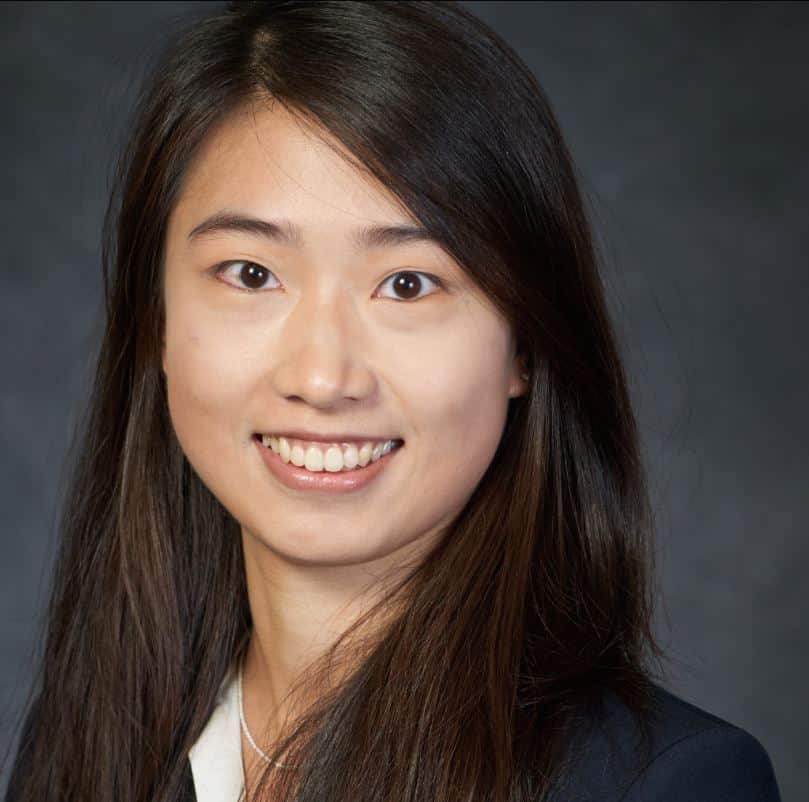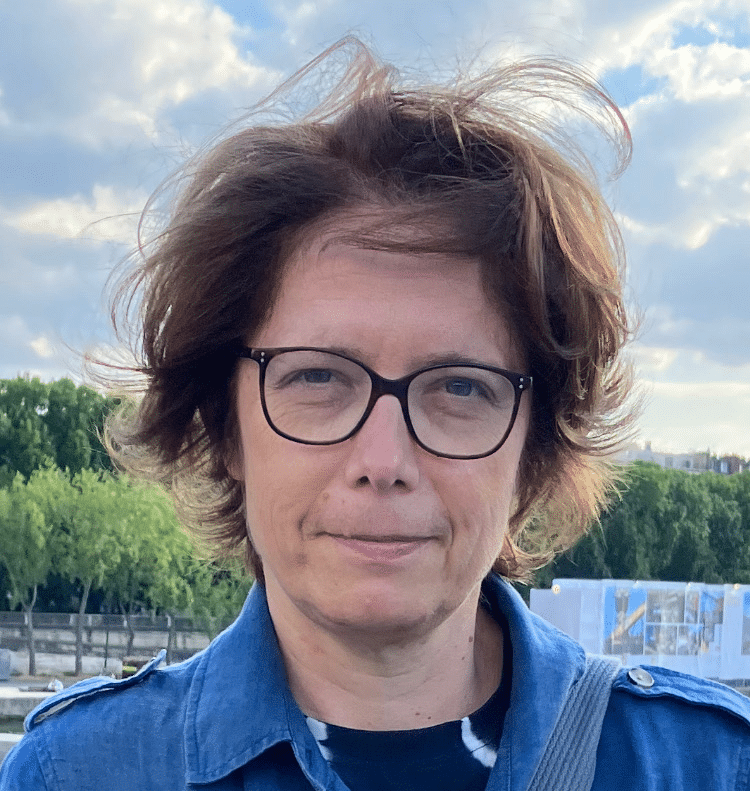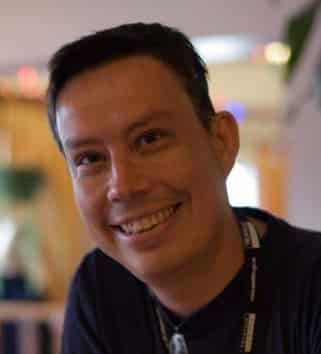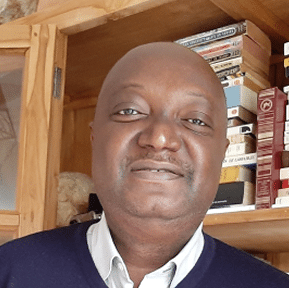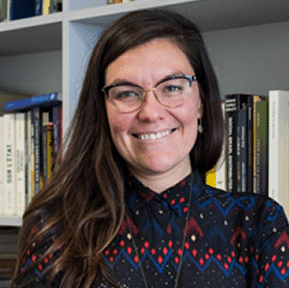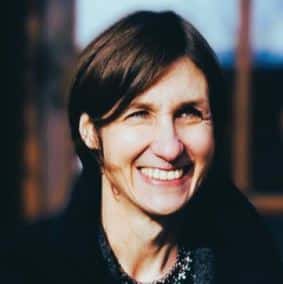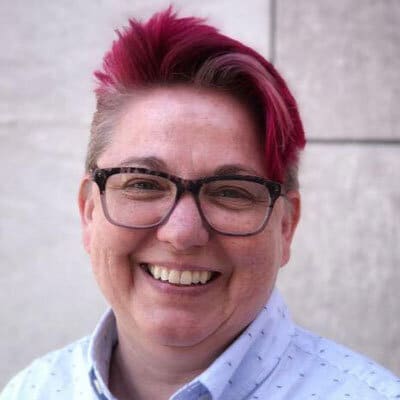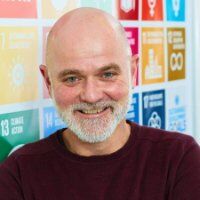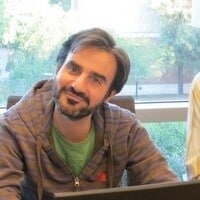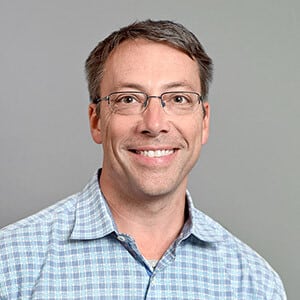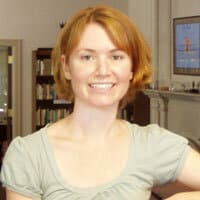Raul Pacheco-Vega is a Full Professor in the Methods Lab of the Latin American Faculty for Social Sciences (Facultad Latinoamericana de Ciencias Sociales, FLACSO) in México. His research lies at the intersection of space, public policy, environment and society. He is primarily interested in understanding the factors that contribute to (or hinder) cooperation in natural resource governance. A specialist in comparative public policy, he focuses much of his work on North American environmental politics, primarily sanitation and water governance, solid waste management, neoinstitutional theory, transnational environmental social movements and novel methods in public policy. His scholarly work uses a broad range of theoretical approaches, crosses disciplinary boundaries and applies multiple methods, though he is most well-known for his ethnographic and field experimental work. He is a member of the Mexican National Researchers’ System (SNI), and holds the distinction of National Researcher Level 2.


